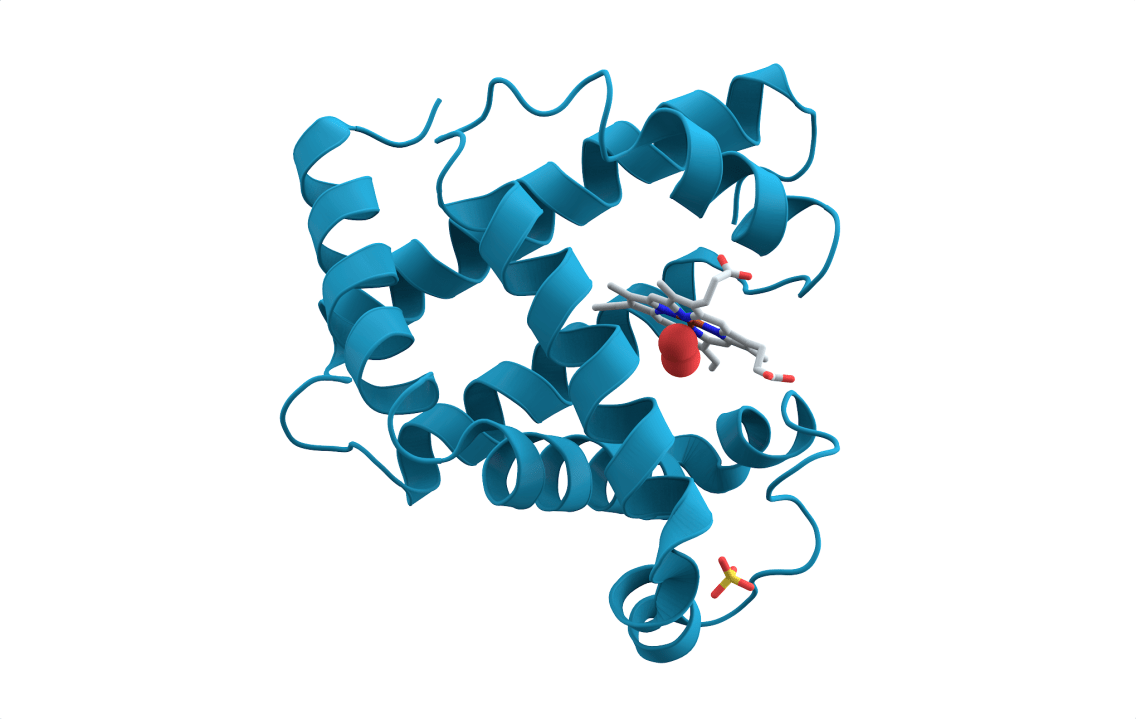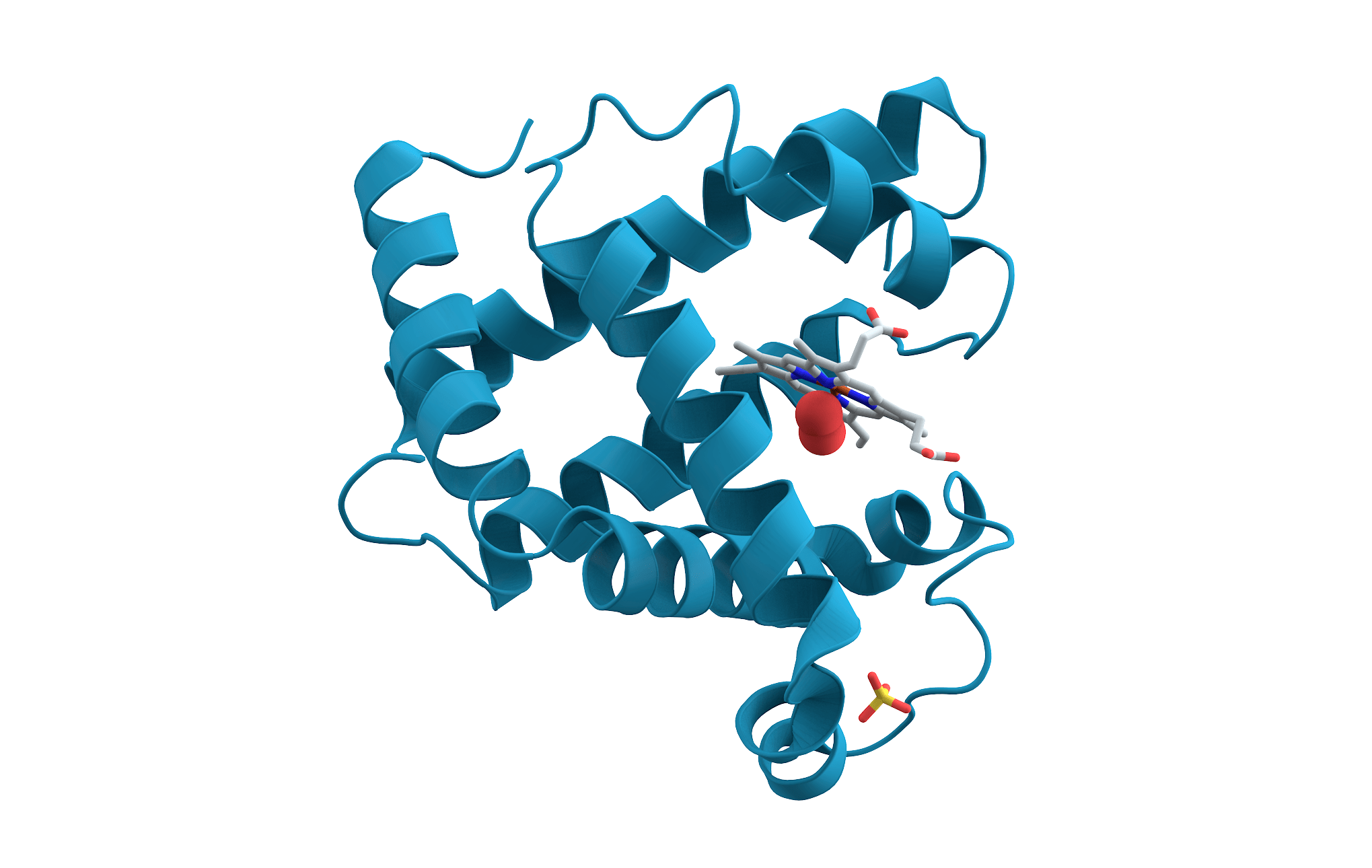DNA is the blueprint that encodes the instructions to make proteins. Proteins are the building blocks and the machines that power life. And proteins make up the tissue that in turn comprise the organs and muscles that make up us. Considering how crucial proteins are to life itself, there is still so much we do not know about them. But Google’s AI firm Deepmind may just have helped us make a giant leap forward.
When a protein is first made inside a living cell, it is merely a chain of connected amino acids — like beads on a string. Yet, it instantaneously folds into unique three-dimensional, beautiful shapes, which enable them to carry out their function. When proteins go wrong — because of mutations or mistakes in folding — serious human diseases emerge, such as cancer and dementia.
Knowing the 3D structures of proteins has a transformative impact on the discovery of new drugs
Knowing the 3D structures of proteins has a transformative impact on the discovery of new drugs. When we design potential drugs, we need to know that they’re the right shape to fit, like a lock and key, into the protein that we want it to interact with. Otherwise, it might not work well enough — or it might not work at all.
Fundamental rules of physics govern this folding of proteins, which determines their biological function. Yet, many generations of scientists around the world have tried, with limited success, to use these rules to predict the way proteins fold. Of the 11,362,682 amino acids that make up the human proteome — all of the proteins found in the human body — we have modelled the experimental structures of just 17 per cent of them.
Computational prediction methods have historically come to the rescue of more traditional technologies that we use in the lab, such as electron microscopy. Many proteins cluster into related families, meaning modellers can predict their structure based on similar proteins whose structure is already known. If we know what your sibling looks like, we might be able to make a pretty good estimation of how you appear.
But that still leaves a huge unknown chunk of the human proteome. Unfortunately, many cancer proteins fall completely or partially into this category. Not knowing the 3D structure severely hinders drug discovery efforts. New AI programmes that can predict protein structure would transform the field. And with it, our ability to treat a host of diseases.
A key question that has puzzled scientists for decades is how the string of amino acids find the correct, biologically functional 3D fold. It was calculated by Cyrus Levinthal in the 1960s that if one protein were to randomly fold until it reached its correct destination, it would take longer than the age of the universe. Yet proteins fold correctly in a fraction of a second. Finding a way to predict how a protein will fold into its particular form has been the holy grail for scientists over the last five decades.
It looks as though Deepmind may well have just achieved that. While this may not capture the collective imagination in quite the same way as space exploration or even vaccine research, this could mark a moment of immense scientific importance.
Twenty years ago I was part of a team that won the same prize that Deepmind has just succeeded in. For those working in the field, there is now the happy question of whether we continue with the biennial event. For my field of cancer research, if we can effectively harness Deepmind’s technology, we will gain a much better understanding of all the proteins and mutations that cause cancers. It will help us to accurately design and discover better, safer drugs that could successfully treat or cure countless people.







Comments